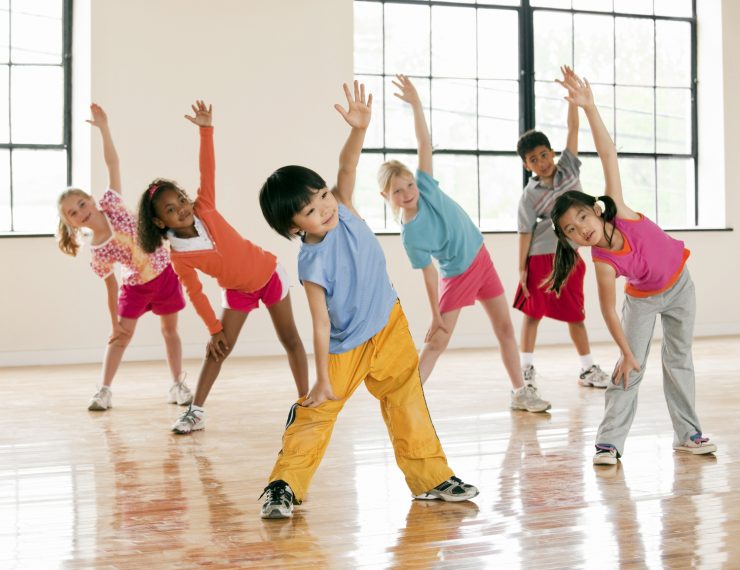
Kids’ Wellness During COVID Times
November 2, 2020
Recognizing the health fallout from quarantine
Like most families, your child probably has not contracted Coronavirus. But, it’s very probable that you’ve seen changes in their overall health and fitness since March, when they were sent home from school to safely learn distantly and extra-curricular activities ceased.
“From a health standpoint and a weight standpoint, I think COVID-19 definitely has made an impact,” Dr. Lauren Hernandez from Sprout Pediatrics said. “As I was checking kids for well visits, there were a good amount of kids who had gained more weight than usual over the last year since they had (last) been seen.”
A survey of 5,000 families by health and fitness site Total Shape shows that children have gained an average of seven pounds since quarantine began, due mainly to lack of regular exercise like P.E. and intramural sports. Overall, quarantining made it hard for kids to be kids and they glued themselves to TVs, laptops, and phone screens for entertainment (and schooling) for months on end.
The “wow” moment for parents
“I had my ‘Wow’ moment recently. I had no idea fitness was a problem until my 12-year-old daughter started back in gymnastics this fall,” says Mary, a River Ridge mom. “She was always athletic and fit, but once we went virtual in March, she’s obviously been spending more and more time in front of a screen. This summer was not much better – no playdates, limited biking with friends, no camp as usual.” she explains. “So when she started back this fall, and complained about how tired she was from activities that previously wouldn’t be a problem, it was quickly apparent!”
Optimum activity for health
The World Health Organization advises that children be active for at least 60 minutes a day for optimum physical and mental health. And while we all realize that significant weight gain can be prevented through daily movement, it also helps children’s immune systems grow stronger at fighting against infections.
Motor development and impulse control in children also improve through physical activity. The pandemic has been a stressful time for everyone, and kids experience it too. Daily exercise can minimize any stress or anxiety that they are experiencing and improve their mood. Exercise can be fun, and whether it’s outdoors or indoors, the whole family can get involved.
Diet plays a role
Helping your kid maintain a healthy lifestyle doesn’t stop at exercise. Don’t forget that the foods they eat matter, too! While children were home for extended hours this spring and summer, food was available to them 24/7. This may still be the case at your house. Keep an eye out for emotional eating and nervous snacking out of boredom or depression.
Help your child realize the difference between physical and emotional hunger. Physical hunger comes on gradually, can be satisfied with many foods, and means a person can stop eating when they’re full.
Emotional eating is sudden and urgent with specific cravings (potato chips), and leads to eating more than normal.
School will help put kids back on the right track
Notes Dr. Hernandez, “I think it’s improving now. What I’ve noticed is that with most kids back in school, they’re getting active again in P.E. and playing sports.”
Her three tips for improving health:
- Make sure your child is drinking mostly water
- Get them outside, staying active
- Limit non-school screen time to two hours max daily
Taking these measures to diminish the risk of obesity and other health problems will serve your kids throughout their lives. “Let’s make sure we’re doing everything to live a healthy lifestyle and promote health and awareness.”
 Arianna Blakely is an editorial intern with nola family Magazine. The native Bostonian is a journalism student at Loyola University New Orleans, class of 2022.
Arianna Blakely is an editorial intern with nola family Magazine. The native Bostonian is a journalism student at Loyola University New Orleans, class of 2022.

